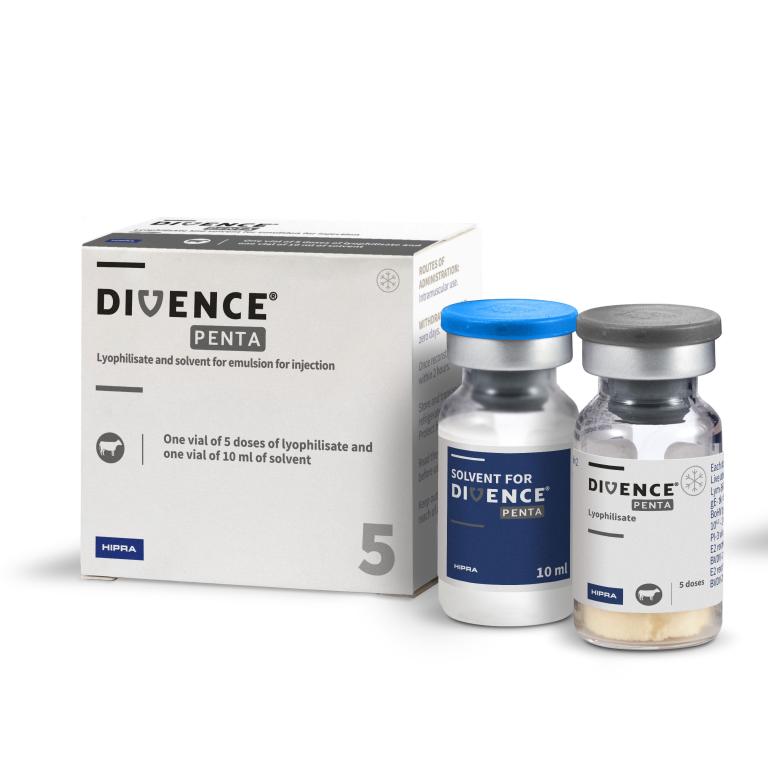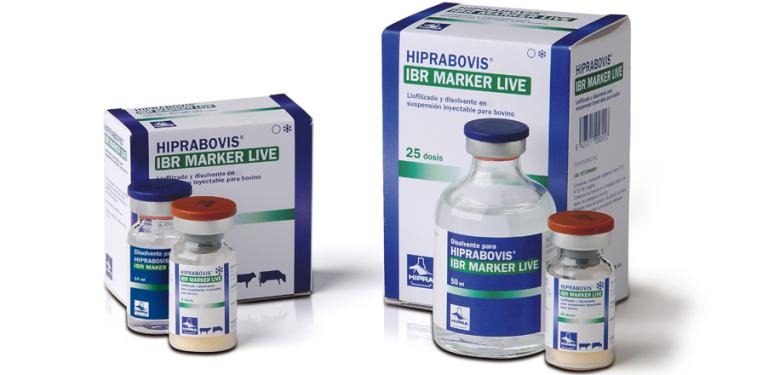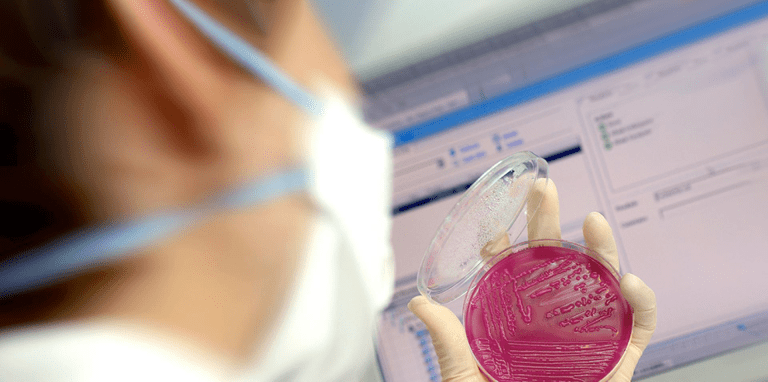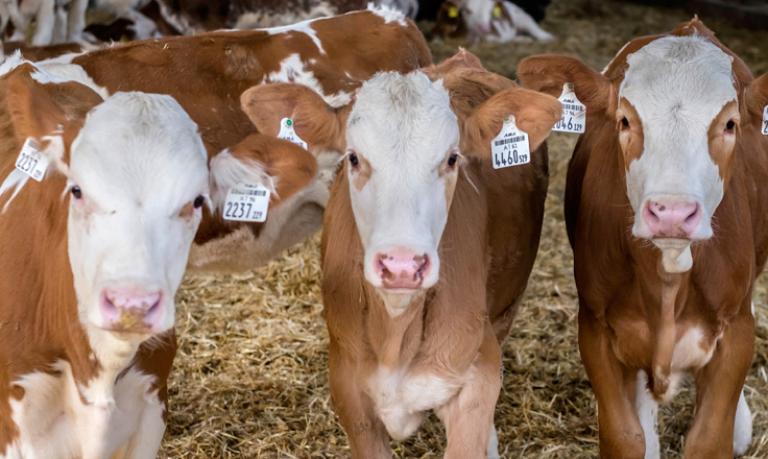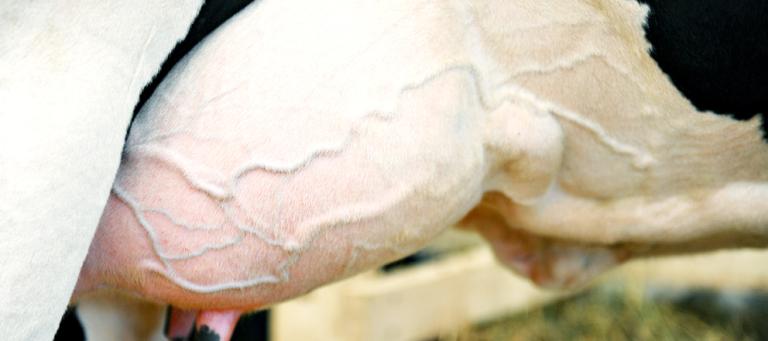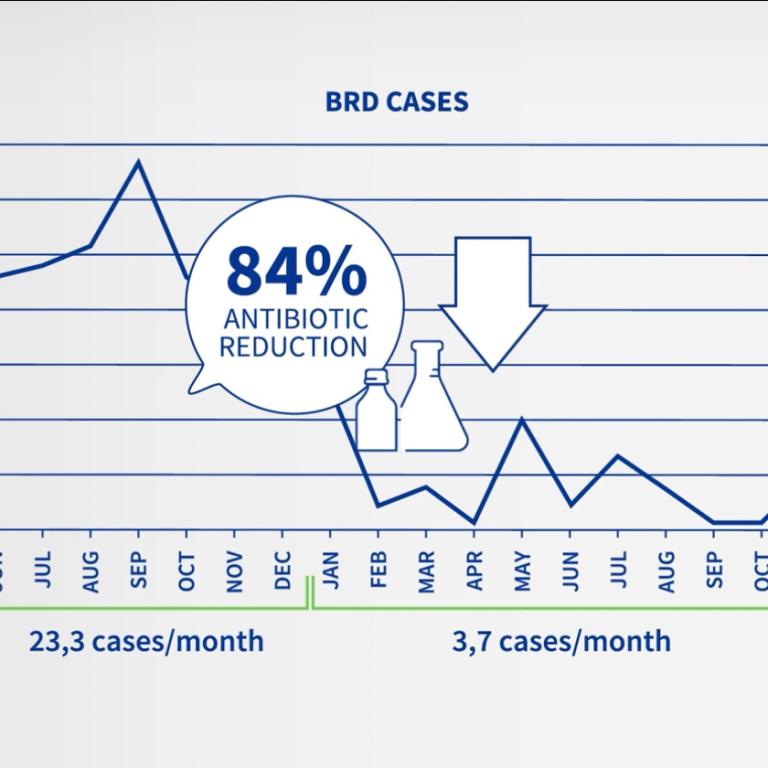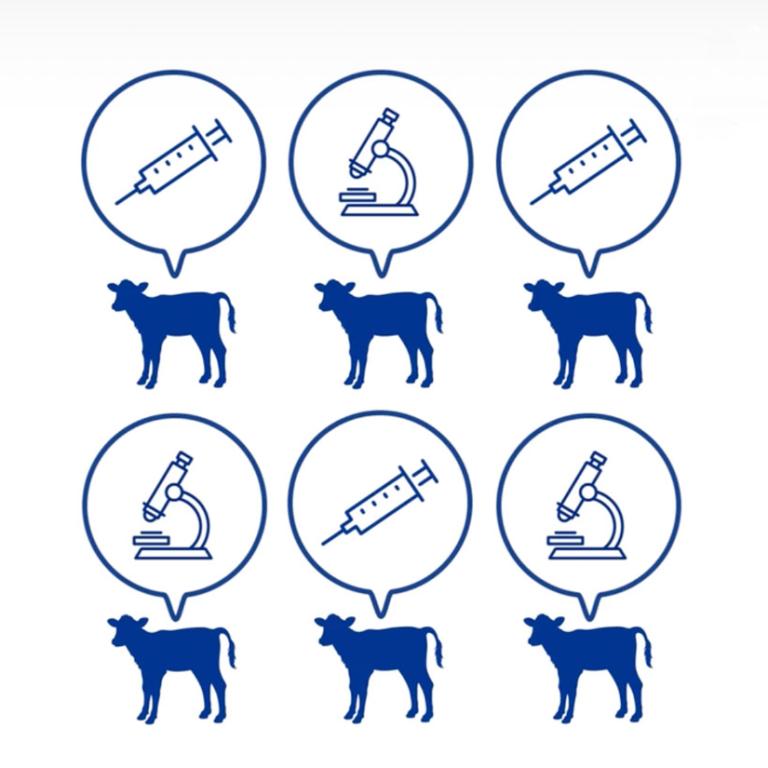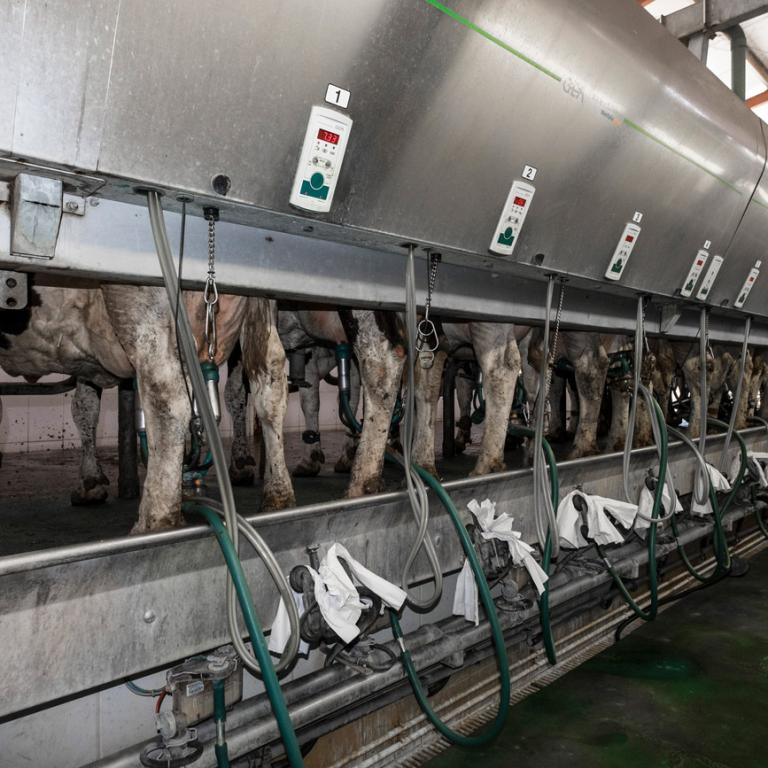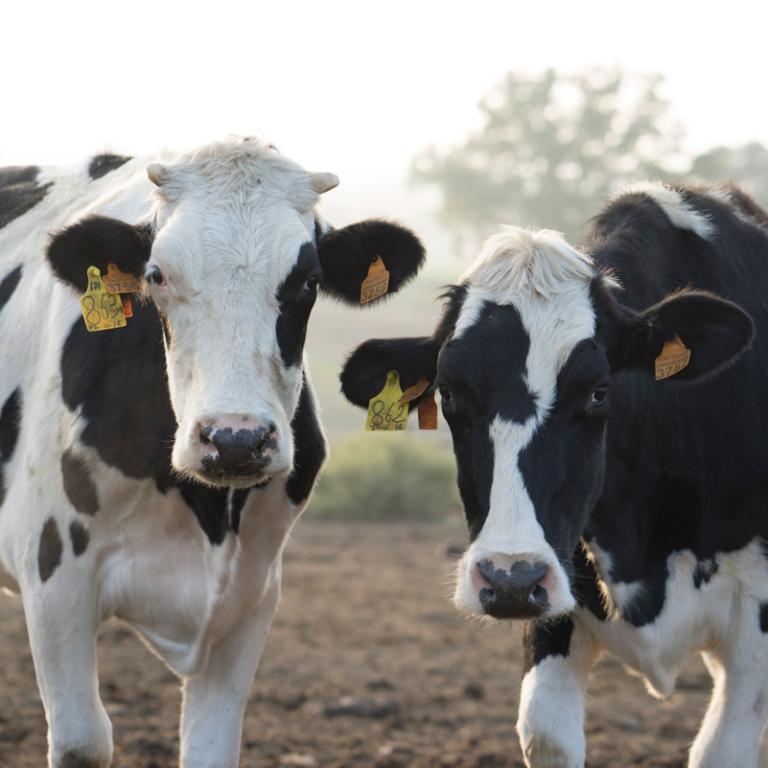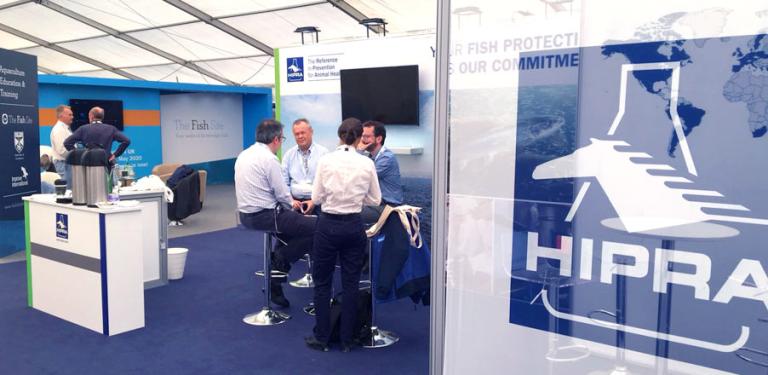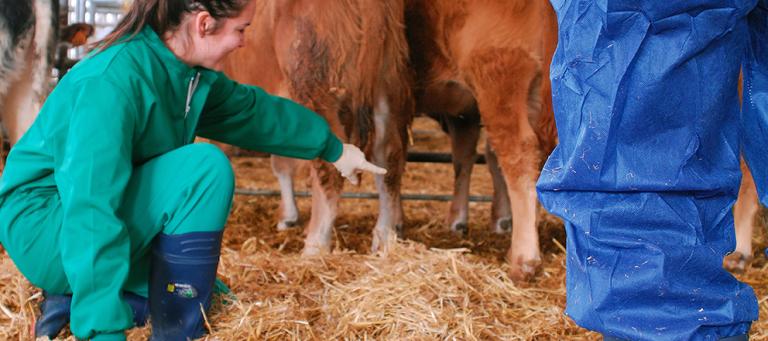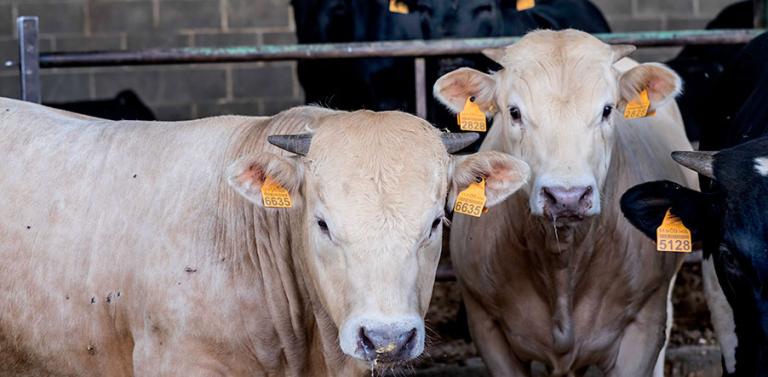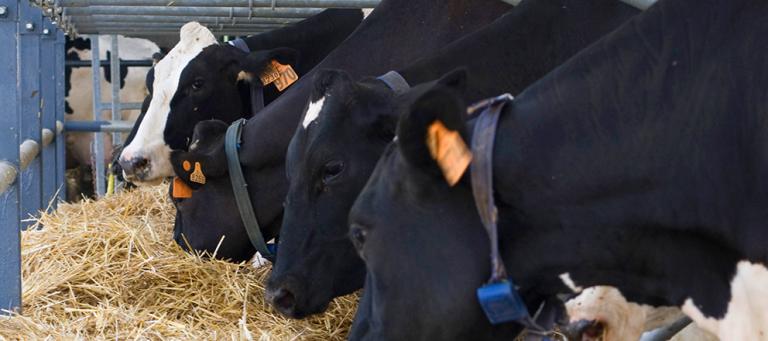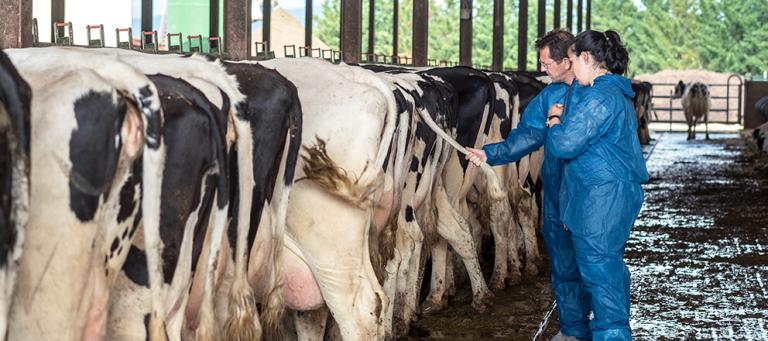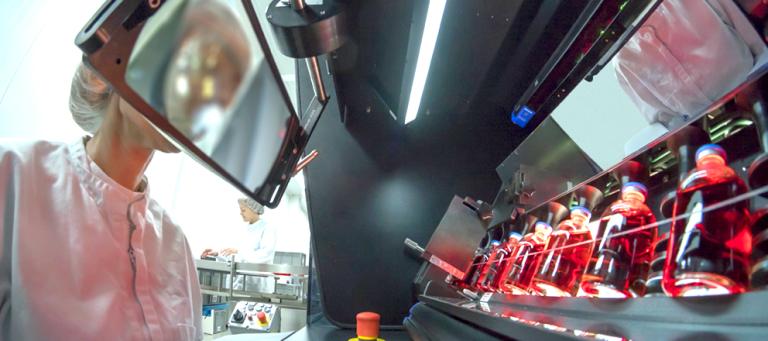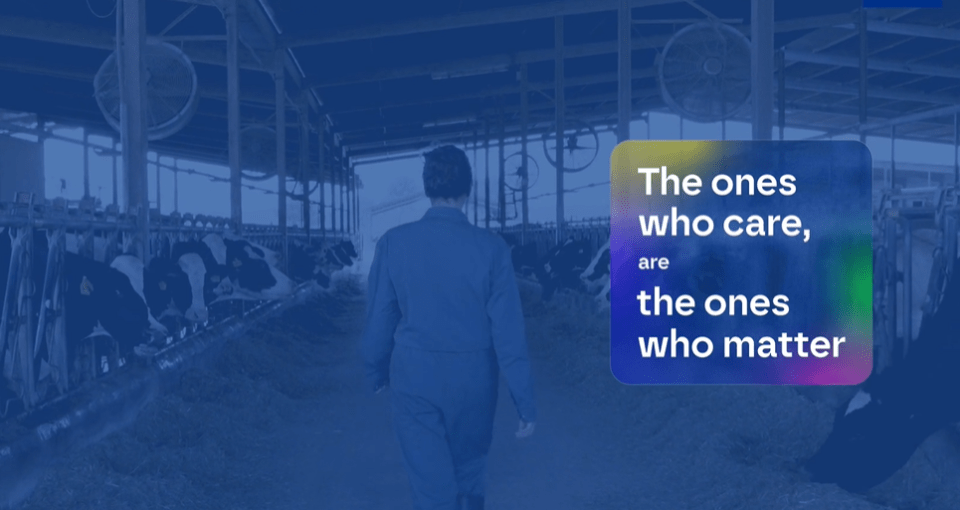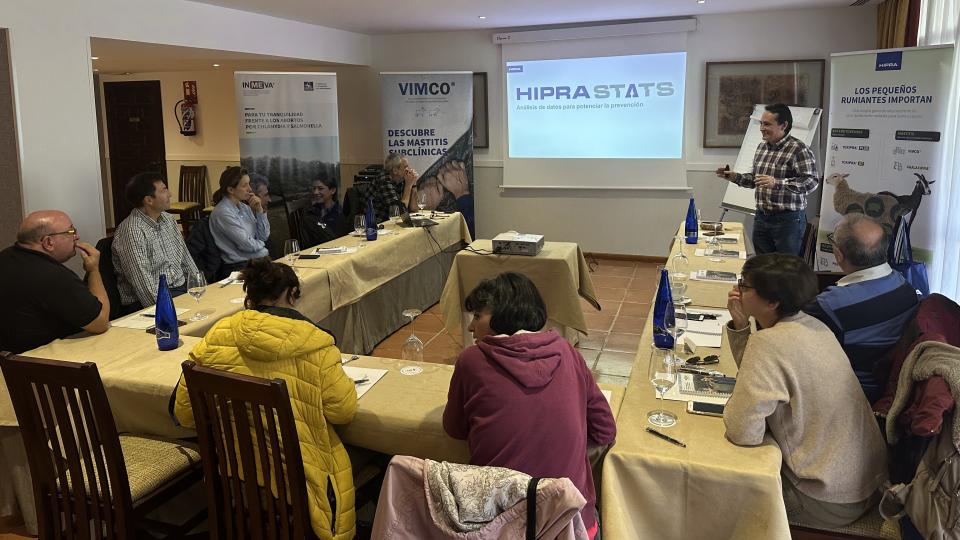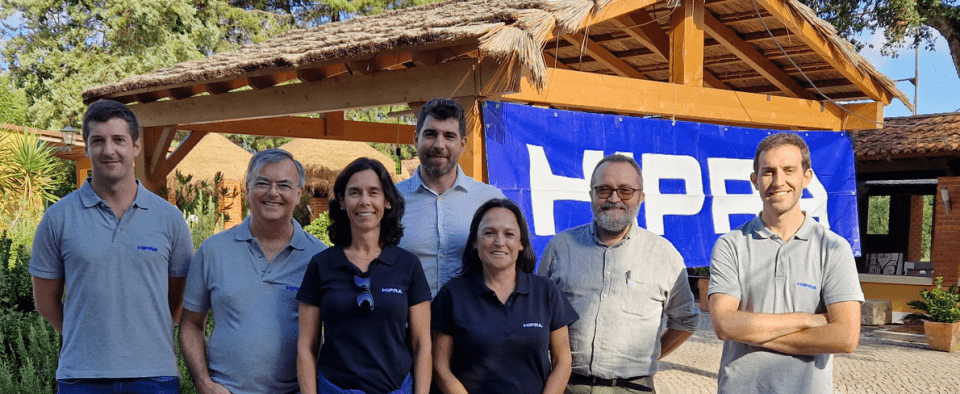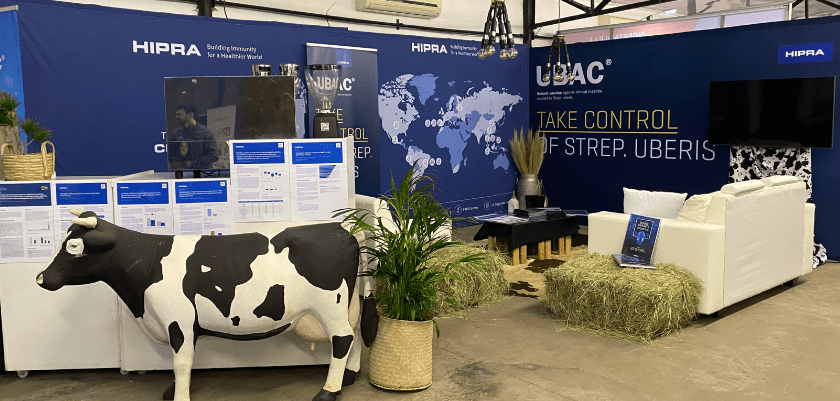Preweaning calf immunity is the sum of positive and negative impacts that include the peripartum cortisol surge associated with the onset of parturition, the concentration of passively acquired antibody from colostrum, the age of the calf, calf nutrition, concurrent stresses such as new introductions, castration/dehorning, and transport; concurrent disease, and the rate of exposure to infectious agents through natural infection or vaccination. The net effect of these impacts is dependent on the timing at which they occur. To optimally manage calf immunity, the goal is to allow exposure to infection or vaccination that induces maximal immune stimulation with minimal disease.
Vaccinating dry cows and calves: with what, when, and is it effective at protecting the calf?
Publications
Cattle
While the neonatal calf has an immune system capable of responding to
infection or vaccination, it is naïve and immature compared to
the adult immune system. Intake of adequate amounts of colostrum at birth is essential to protect calves from infection while their immune response is
maturing and developing the capacity to respond to infection. […]
Recent research indicates that calves vaccinated in the face of maternal antibody can sometimes mount T cell responses to vaccination, and may have improved protection
against disease...


